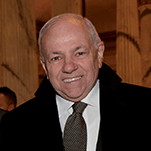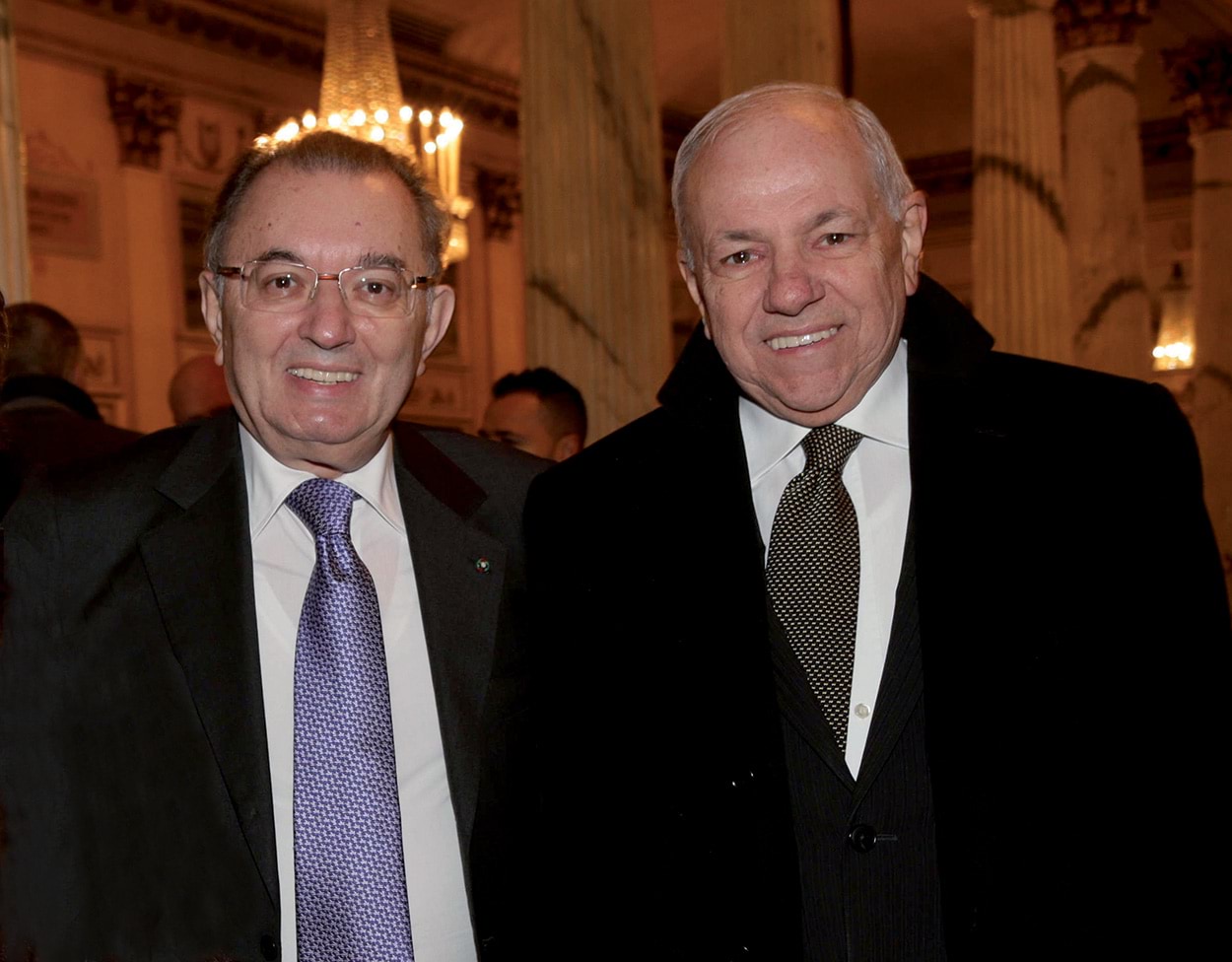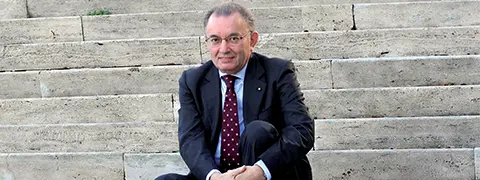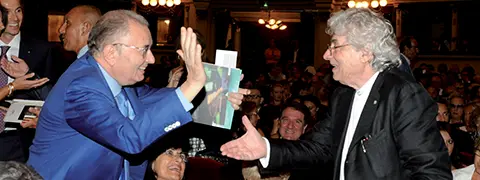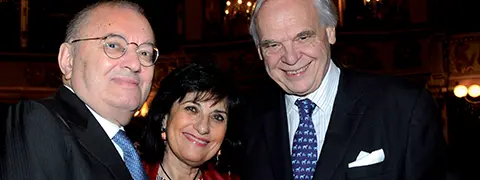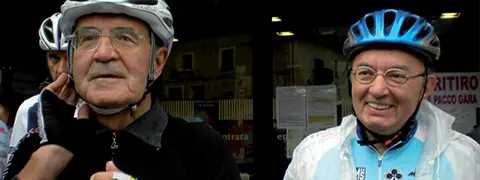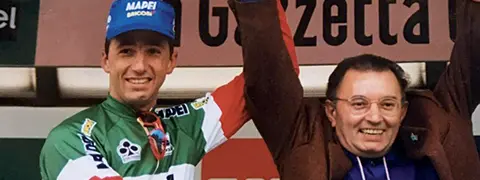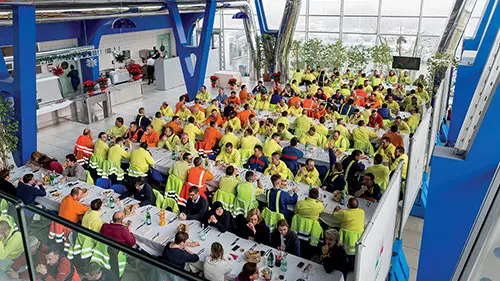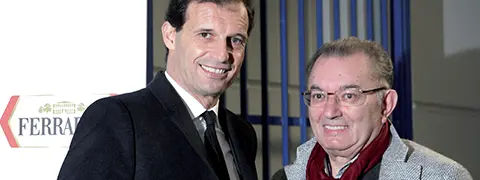How Mr. Squinzi made Mapei great
An enthusiastic chemist, a forward-thinking businessman, a passionate spokesman for his sector and a true gentleman that transformed a company of just 70 employees into a solid, fine-tuned global business. Carlo Pecchi, Administrative and Financial Director of Mapei Group, tells us about his experience alongside Giorgio Squinzi and reflects on the 40 years spent working together, from when he took over the reins from his father, Rodolfo, to the consolidation of Mapei Group on the international market.
Carlo Pecchi, Mapei Group’s CFO, remembers Giorgio Squinzi.
DEBUT APPEARANCE
I first met Giorgio Giorgio Squinzi in May 1977 when I was introduced to him by my predecessor, Mr Rocco Fortunato. He made a great impression on me right from the start. His father, Mr Rodolfo Squinzi, was the Sole Administrator of Mapei back then. After that initial interview, I was hired on 1st July 1977 and I worked closely with him for about 10 hours-a-day for over 42 years.
When I first joined Mapei, it was an Italian family business employing about 70 people, including office staff and workers, and had income of just over 7 billion lire (equivalent to 3 million Euros). The company offices and manufacturing activities were all located at no.22, via Cafiero in Milan. The new manufacturing plant in Robbiano di Mediglia, in the outskirts of Milan, only opened the following year.
I would now like to talk about some of my own recollections and personal memories of this wonderful relationship.
A few years after joining the company, the company had to change its administration, business and manufacturing systems to accommodate more modern equipment. Thanks to the decision taken by Mr. Squinzi, Mr Fortunato and myself, we moved on from a “Litton” accounting system (little more than a typewriter) to the very latest IBM systems at that time (34, 36, and AS400), which revolutionised our way of working.
In 1978, Mr Squinzi decided it was time for Mapei to make its first major foreign investment. I remember all the problems we had transferring the corporate capital we needed to start operating in Canada. At the time there was a real squeeze on credit and numerous constraints on transferring capital. For a full 9 months we filled in forms and handled all the other paperwork required by the 2 banks we were working with without getting anywhere. We only managed to close the operation after Mr Squinzi met with the top executives of what was then called Banca Commerciale Italiana.
At that time most of Mr Squinzi’s work was carried out in the laboratory, where he was involved in research with a few trusted assistants. I often saw him testing out new products for himself or carrying out pull-test tests. He was always completely at ease in the laboratory. Over the following few years investment in research, both by hiring young graduates/school leavers or buying the very latest equipment, laid the foundations for Mapei’s success.
Internationalisation was another extremely important activity. After setting up the first company in Canada, we founded nine companies across every continent in the 1980s.
It is worth mentioning the establishing of Mapei Arizona, which later became Mapei Corp. I can remember the difficulties we encountered during the first few years of this important venture. When we talked about it, I focused on the difficulties involved and suggested we might rethink this investment. Mr Squinzi’s reply was categorical: “Pecchi, if we can’t break onto the American market, we should not be in this business”. Once again, he was right. We now have income of approximately 1 billion Euros in North America making extremely good profits.
His father Rodolfo died suddenly in 1984 and Mr. Squinzi took over full responsibility for all the operations of what was by now an international group.
In 1987 we made an investment in Latina (central Italy) in order to carry out manufacturing closer to all our customers in central-southern Italy, setting up Mapei Centro Sud. This was not one of those investments designed to obtain government grant only to close down operations and emigrate overseas. Indeed, over 30 year after first opening, the plant in Latina is still a pride of our Group with its cutting-edge systems and a rising number of staff. Once again, you can see the visionary thinking of this great businessman.
THE ADVENTURE WITH CYCLING
So now let’s talk about cycling. We entered the world of cycling in 1992 because Mr. Squinzi, who was a keen amateur cyclist, believed it could be an important means of promoting our products. This investment lasted for about ten years. Here are some of my fondest memories from this great venture. The first time we took part in the Tour de France, we invited our most important customers to watch the final stage on the Champs Élysées in Paris followed by a dinner at the Tour d’Argent together with the entire cycling team. An unforgettable evening with a final speech by Mr. Squinzi that all the customers who were there still remember fondly even today.
A few years later I went with Mr Squinzi to Biarritz to watch the finish of another stage of the Tour de France. It was a Saturday and Mr Squinzi wanted to fly there in the morning, because he had arranged meetings with two important customers before enjoying the finish of the stage. In other words, he made the very most of his time because business was always in his thoughts.
Mr Squinzi was extremely upset when he decided to abandon professional cycling. After 10 years at the very top of cycling with over 600 wins, he was betrayed by the sport he loved. He failed to beat doping, as he believed he could, because the rest of the top teams refused to follow his lead. Mr Squinzi had invested so much in the sport, even setting up a special company, Sport Service Mapei, together with the late and much-lamented Prof Sassi, with a view to cleaning up the sport. This company, which is now called Mapei Sport Center, is still fully-operational and helps both professional athletes and amateurs improve their performances.
MAPEI AND THE WORLD OF FOOTBALL
After cycling came football with a major investment in Sassuolo Calcio. This was also intended to promote the company on the Italian market in particular. In football, just like in cycling, Ms Adriana Spazzoli played a key role in making the most of these opportunities on a promotional/media level. Once again, Mr Squinzi was not content to just invest in advertising, he wanted to create something that would last. As usual, Mr Squinzi wanted to do things properly to help young players develop with a view to the future.
He took on a team in the lower echelons of Italian football and, year after year, got the club promoted through the various divisions (C2, C1, B and then A) until it eventually qualified for the Europa League. The hope was to play in the Champions League one day. A truly thrilling venture.
In the meantime, Mapei bought a stadium in Reggio Emilia (in Italy only 3 football clubs own their own ground), which, with the help of further investment, has become one of the very few UEFA-approved stadiums in Italy.
The Mapei Football Center was then built in Sassuolo in 2019, a real jewel in the crown, where all Sassuolo Calcio’s teams can now train. It can even be used by people from the local area.
MAIN ACQUISTIONS OF MAPEI GROUP
In the 1990s, as well as setting up new companies all over the world, Mr Squinzi’s strategic vision led to the purchasing of important companies:
- Vinavil from the Eni Group in 1994. This was also a winning gamble. The company, which was almost dead and buried at the time, was gradually revitalised over the years. I can remember the months of work before the acquisition, the negotiations with Enichem Synthesis, and the day we finally closed the deal: there were plenty of executive managers from Enichem and our company at the table. Talking about the manufacturing plants, none of the sales people were well-informed about the location of the plants, while Mr Squinzi was the only person who knew exactly what the deal was about after just one visit.
- Mapei Ag (now Mapei Suisse) again in 1994. The company had plants for manufacturing powdered milk. With great foresight, Mr Squinzi immediately realised these plants could be converted to manufacture an important ingredient in powder form that could serve the entire Mapei Group.
- Gorka was purchased from the Polish Government in 1999. The company was on the verge of bankruptcy and had obsolete plants. The suppliers no longer trusted the company and wanted to be paid in advance for their supplies. Once again, the situation was turned around by Mapei’s intervention. Gorka now has some extremely efficient plants for manufacturing a certain kind of cement and can boast a notable turnover with excellent profits.
- The purchasing of the Rescon Group in Norway in 1999 was intended to extend the Mapei range of products in the booming sector of alkali-free accelerating admixtures for concrete mainly used for underground engineering projects such as in tunnels. This operation allowed Mapei to make its mark in this market.
- Mr Squinzi was determined to take over the Sopro Group in 2001. Sopro was part of the German cement manufacturing colossus Dyckerhoff, which, for in-house reasons, had to sell its non-cement-based operations. They suggested the takeover should happen in November 2001, with the deadline for closing the deal set as 31st December 2001. There was very little time to make such an important acquisition. Mr Squinzi immediately organised the takeover, dividing up the work inside our company between a number of teams specialising in manufacturing plants and commercial, legal, administration and financial operations. I was involved in the latter and I can remember the final meeting at the headquarters of Credito Italiano (now Unicredit) in piazza Cordusio in Milan attended by Mr Squinzi, Mr Profumo (Unicredit) and myself. The deal was successfully concluded. We managed to transfer the money for the acquisition by 30th December 2001.
- Finally, another important takeover I can remember was Polyglass in 2008, a company operating in the field of bituminous and synthetic membranes.
CORPORATE ROLES
Mr Squinzi was equally committed when it came to representative organisations. He was elected President of the Italian Federation of Chemical Industry Associations in 1997 with 99% of the votes. His time in office was extremely successful and he was reappointed for a further four years. After a two-year break, he was re-elected with the same landslide vote for a third four-year term in office. The Italian Federation of Chemical Industry Associations was the presidency he loved most. Mr Squinzi had chemicals in his blood, and he was extremely proud to be able to do something for his own sector.
He supported the Federation’s “Fabbriche Aperte (open factories)” activities, which he saw as opportunities to meet with both staff and local people. On these occasions, Mr Squinzi made sure all the manufacturing plants were fully committed.
He was then elected President of Confindustria, the Confederation of Italian Manufacturing and Service Companies, from 2012 to 2016. He never really enjoyed the political-industrial climate in Rome and, poignantly, on the day of his official reconfirmation for a two-year term in office, he decided to dine with members of his family and Mapei staff and not the leaders of the Confederation.
QUALITY, PROFESSIONALISM AND A POSITIVE APPROACH
Another extremely important issue was Mr Squinzi’s determination to drive home the concept of “quality” in all the staff.
Mapei was the first Italian company in our industry to be awarded ISO 9001 certification and all Mapei subsidiaries, even those in the most remote locations, are certified or in the process of being certified.
I would like to point out that in all the interviews he gave Mr Squinzi was always quick to point out that there had been no collective dismissals or redundancy packages at any Mapei companies. I can confirm that that is entirely true, but I would also like to add that the Group’s Italian companies all have their tax bases in Italy (i.e. they pay their taxes in Italy) without transferring capital into tax havens as many other business people, even from extremely well-known companies, have done over the last few years. This proves just what a serious Entrepreneur with a capital “E” he really was.
It was inspiring to work so closely with Mr Squinzi. I got the chance to admire his incredible work skills and the way he was able to focus on concrete things with no-frills; he was, as they say, always ‘on the ball’. He always treated all the staff, both executives and ordinary workers, in the same way. He always had a smile on his face and a few words of encouragement when required. He was an optimist and always saw the glass half full. Even when facing difficulties (and there are always hard times in life), he managed to find a positive solution. And this influenced all of us. His favourite motto was to “never stop pedalling”, which really summed up his way of life.
I would like to end with a personal recollection: in mid-September this year, I caught pneumonia. Despite the fact that Mr Squinzi was so seriously ill, he called me every day to find out how I was feeling and encourage me to look after myself.
That was Mr Squinzi.
I will miss him, we will all miss him, so very much.
